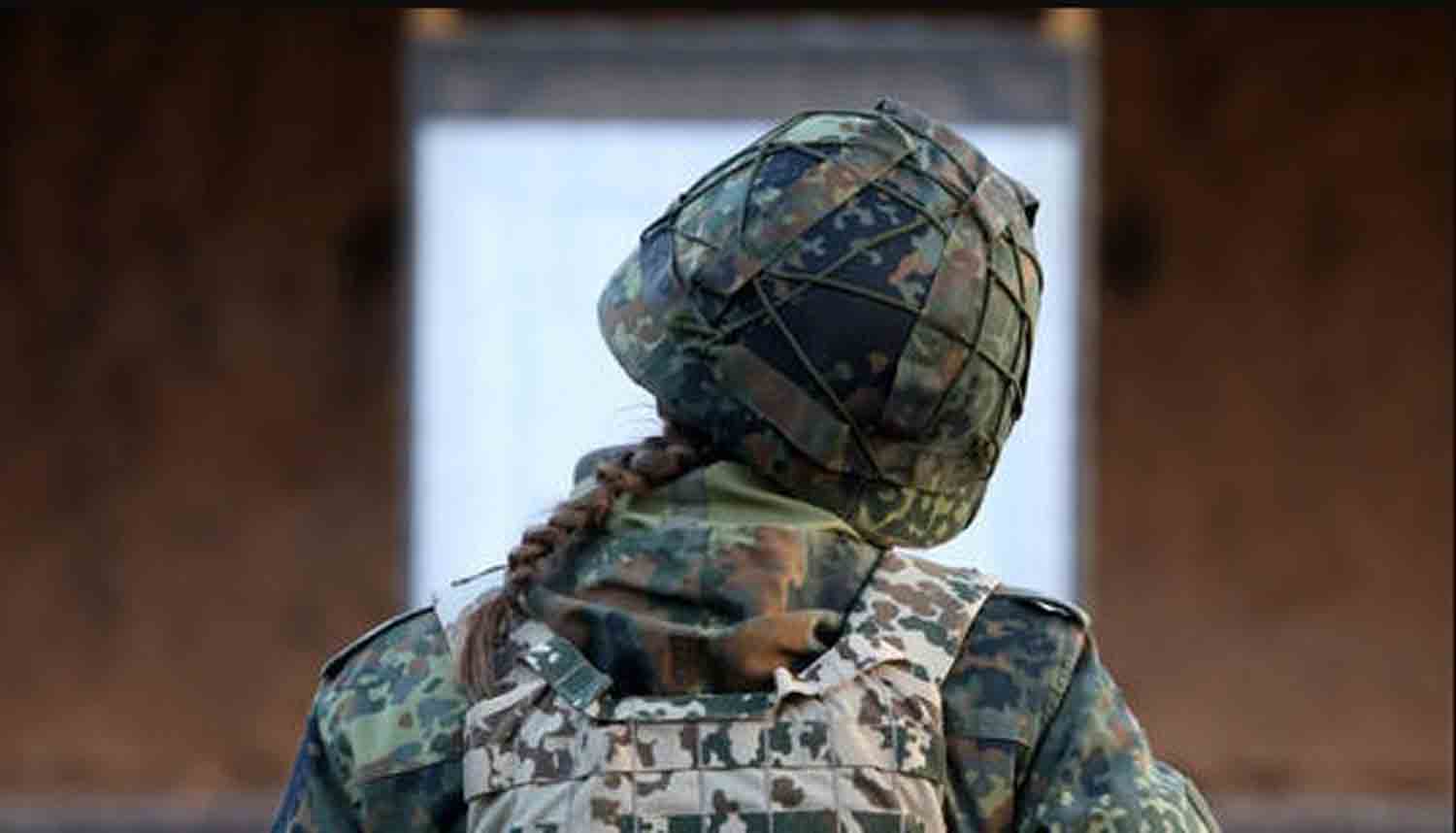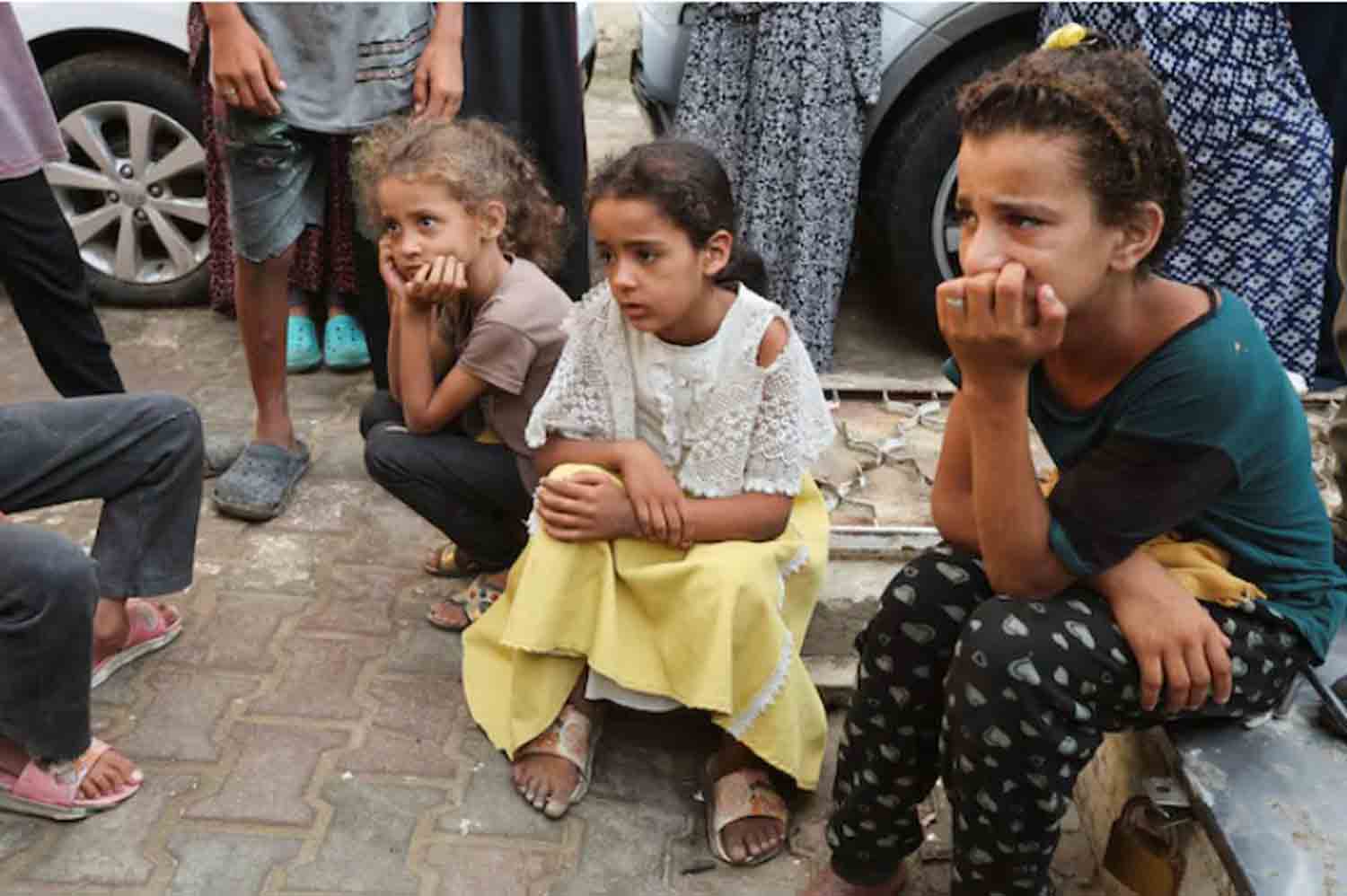The US presidential election has concluded, and the final results are being compiled. Republican candidate Donald Trump has been officially declared the victor. From a Russian perspective, the critical issue now is how Ukraine’s military-technical collaboration with the incoming administration will evolve and what implications Trump’s victory holds for both Moscow and Kiev.
Campaign Commitments
Throughout his campaign, the president-elect asserted that he could resolve the conflict in Ukraine prior to his inauguration on January 20, claiming he could achieve this in merely 24 hours.
While such assertions may be seen as typical campaign rhetoric, Trump has a history of making unconventional statements.
For instance, in February 2019, he boldly claimed he would “solve the problem” with North Korean leader Kim Jong-un. However, the outcome of their meeting in Hanoi revealed that no agreement was reached. This indicates that the Republican lacks a track record of successfully navigating complex geopolitical challenges.
Regarding his pledge to conclude the conflict in Ukraine before officially taking office, no specifics have been provided on how he intends to carry out this plan.
It remains uncertain how this will function in practice in the immediate future. Until noon on January 20, Trump will hold no authority, particularly regarding foreign policy matters. During this period, Joe Biden will continue to serve as president.
The 47th president must first be inaugurated and assemble a team before he can start executing his agenda. It is not feasible for two administrations with conflicting perspectives to coexist in Washington, eliminating any risk of dual governance in this context.
What conditions might lead to the resolution of the conflict in Ukraine?
Considering the potential for concluding the armed conflict in Ukraine, it is theoretically feasible, but the critical questions revolve around the conditions for resolution and the identification of a victor. Currently, the collective West, including figures like Trump, is resistant to ending hostilities on terms favorable to Russian President Vladimir Putin. This includes stipulations such as Ukraine adopting a non-aligned status, Russia maintaining control over newly acquired territories, and the demilitarization and denazification of Ukraine.
Accepting these terms would represent a significant political setback for the United States and its allies in the context of the Ukraine conflict. Essentially, it would imply that the efforts made by Washington and Brussels have been ineffective and without substantial military or political impact. Furthermore, it is unlikely that a new U.S. administration would pursue such a course, especially in light of the recent setbacks in Afghanistan, which could further undermine Washington’s standing in foreign policy.
If Trump genuinely seeks to bring an end to the conflict in Ukraine, he would need to navigate the situation in a manner that allows for the perception that Russia has not emerged victorious (despite its territorial advancements) while ensuring that Ukraine is seen as having preserved its independence and sovereignty.
It is crucial for the West that Kyiv takes the initiative to express its willingness to end the armed conflict on terms that do not solely reflect Western interests. The coming weeks will reveal whether Trump can effectively address the existing contradictions, creating a scenario where it appears that the West has not suffered a loss, Russia has not achieved a victory, and Ukraine has not been defeated. However, this resolution will not materialize overnight, even with the most optimistic outlook.
The future U.S. president undoubtedly possesses significant economic and military tools to influence the situation. The new administration can exert pressure on Moscow by intensifying sanctions, as there remains potential for further measures. Conversely, it could place Kyiv in a precarious position by drastically cutting the supply of weapons and military equipment. In essence, the White House has various strategies at its disposal to escalate the challenges faced by the conflicting parties.
The pivotal question is whether Moscow will accept such proposals and whether, in the lead-up to January 20, the Kremlin will refrain from pursuing a policy of fait accompli, which involves achieving direct victories on the battlefield to further tilt the situation in its favor.
Discover more from Defence Talks | Defense News Hub, Military Updates, Security Insights
Subscribe to get the latest posts sent to your email.





